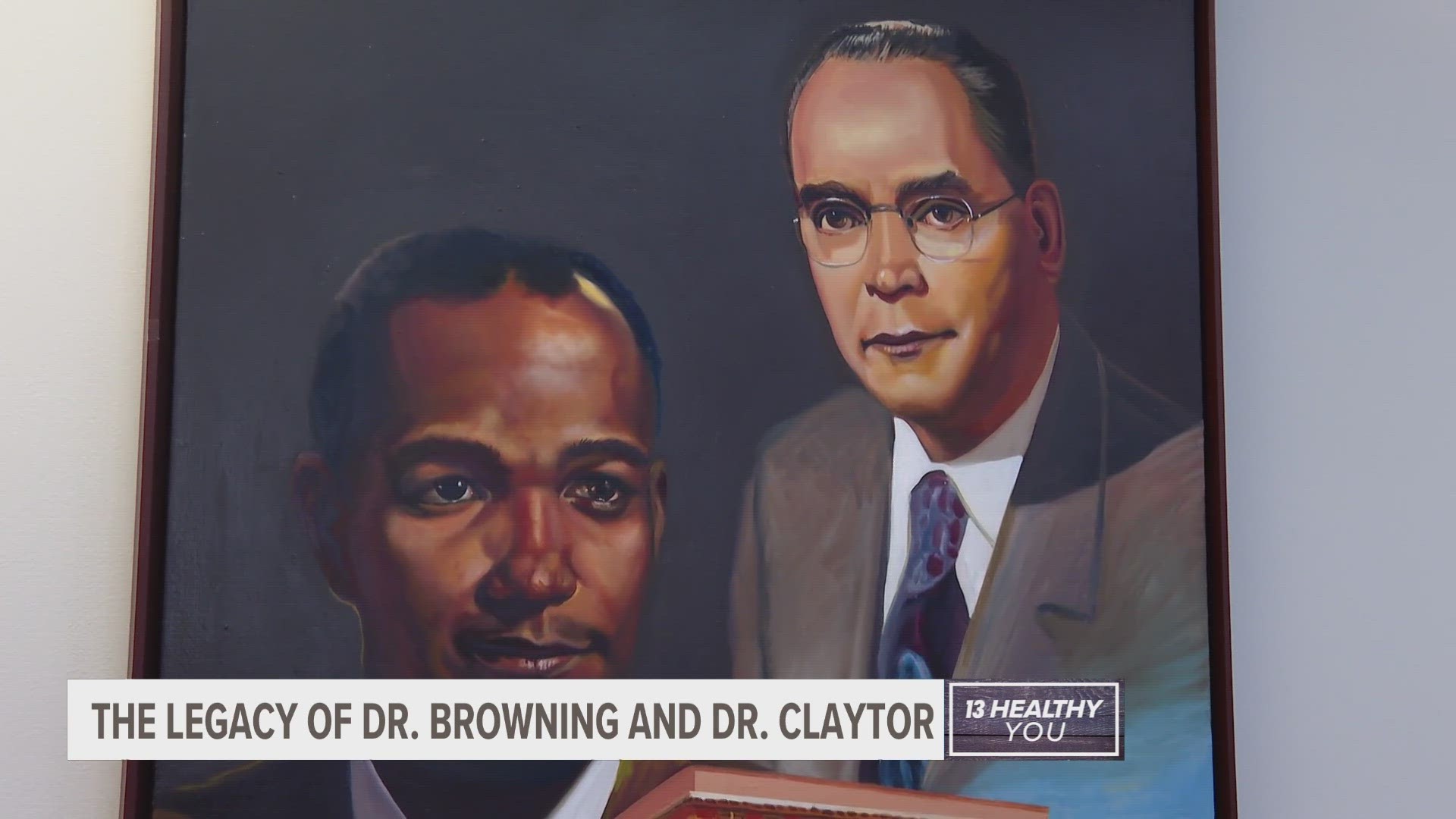GRAND RAPIDS, Michigan — In America, there's a big health disparity between Black Americans and other ethnicities.
Life expectancy for Black Americans is 71.2 years, according to the Centers for Disease Control and Prevention (CDC). For white Americans, it's 76.7 years of age. Hispanic Americans are a little higher at 77.8 years, but the highest are still Asian Americans at 83.5 years.
This is a huge topic with many nuances and factors involved.
But let's look at one small piece of that.
In the Madison area of Grand Rapids, a health center is rooted in history.
The Trinity Health Browning Claytor Health Center is a primary care office that specializes in increasing access to healthcare. It treats people "from newborn to geriatrics," said Jessica Lee, a nurse practitioner at the health center.

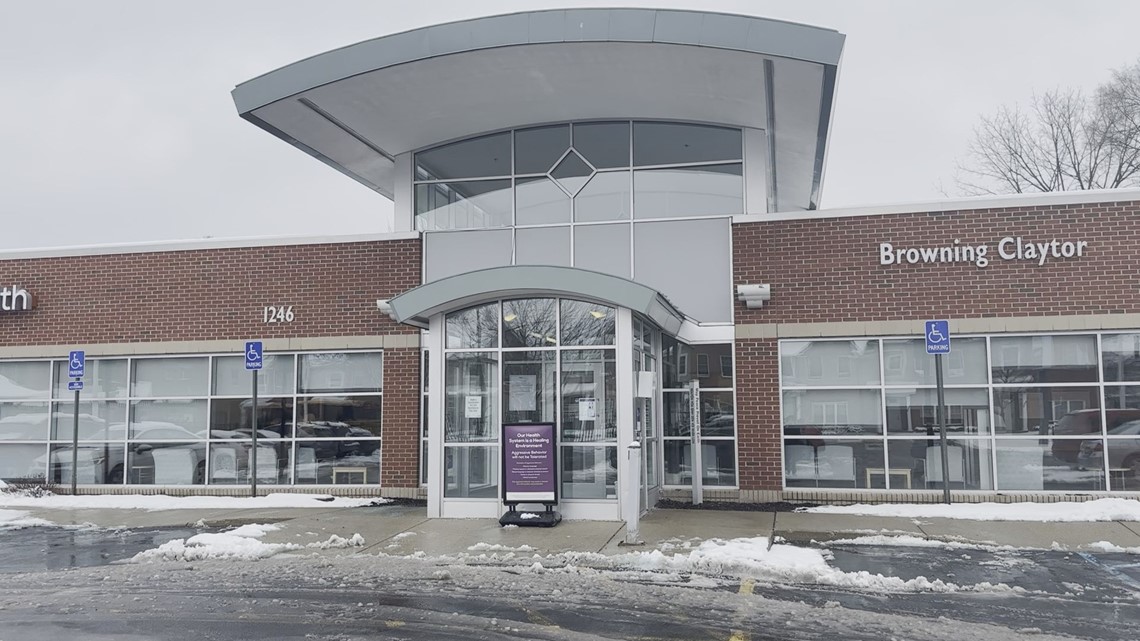
Doris Jefferson, a patient of nine years, knows this firsthand. When she moved to Grand Rapids, she had issues with her health insurance.
"Then I met a very good friend in the financial department," said Jefferson. "She literally went to Lansing to go to bat for me to get my thing cleared up."
Since then, she's seen great improvement in her health. She had high blood pressure and was borderline diabetic, but hasn't been on blood pressure medicine for nine years.
"There’s nothing more frustrating than having a healthcare concern and no way to address it," said Jefferson. "And no one cares about you to address it. But this place does."
Browning Claytor Health Center is named for two iconic Black doctors in Grand Rapids: Dr. Eugene Browning and Dr. Robert Claytor.
Claytor moved to Grand Rapids in 1936. He was the first Black physician to receive hospital admitting privileges in Grand Rapids at St. Mary's Hospital. He was also on the board of directors for the Community Chest (now the United Way).

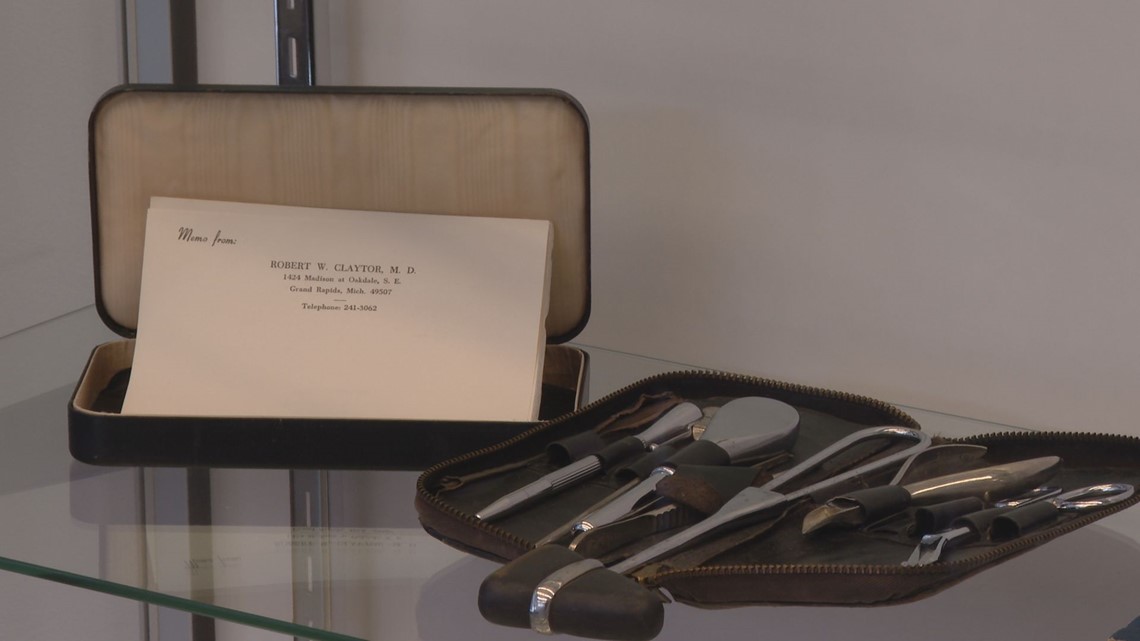
"Dr. Claytor, he loved this community," said Lee. "He always wanted to improve the lives of the Black community. He delivered over 1,000 babies, mostly in their homes as what we hear."
Browning was the only African American in his class at Detroit Medical College in 1905. He moved to Grand Rapids and held weekly well-baby clinics for the community.
"They both did this to kind of bring equality and access to health care for those who are under resourced," said Lee.

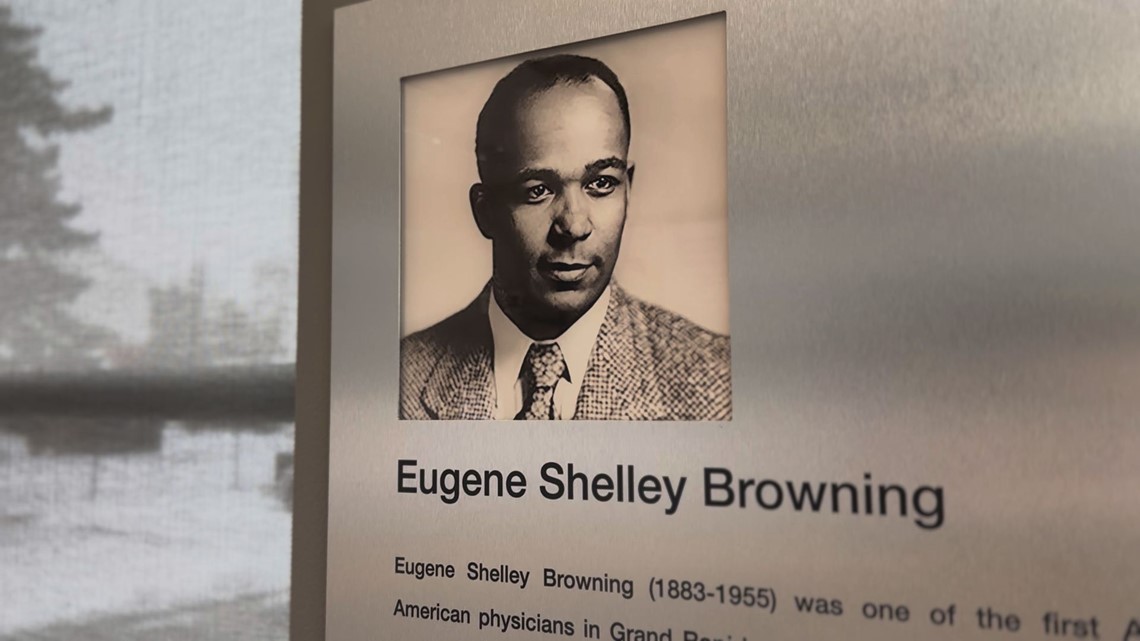
Now, the Browning Claytor Health Center carries on that legacy. They offer bilingual services in English and Spanish, have financial and pharmacy assistance for people who are uninsured or underinsured, host a vegetable food truck, connect patients with community resources, offer mental health counseling and so much more.
"Based on history, a lot of the people did not get affordable care," said Lee. "So, they didn't get care at all. Because of lack of insurance, race, resources, such as transportation, things that might be just normal for everyone else, just coming into this office, getting bloodwork done at other locations and going to specialty offices. Those things can all look normal for some people, but in this community, that can be a struggle."
Jefferson said she sees that happening in her own community.
"I know a lot of people who struggle," said Jefferson. "There’s so many people who die from things like high blood pressure, heart conditions, diabetes because they don’t have the right care. It’s just so important."
The Pew Research Center study found that 63% of Black adults say lack of access to quality medical care where they live is a major reason why Black people in the U.S. generally have worse health outcomes than other adults.
"It's just so important to have this community, this health center, in the heart of the city to service," said Leandra Holmes, business office coordinator.

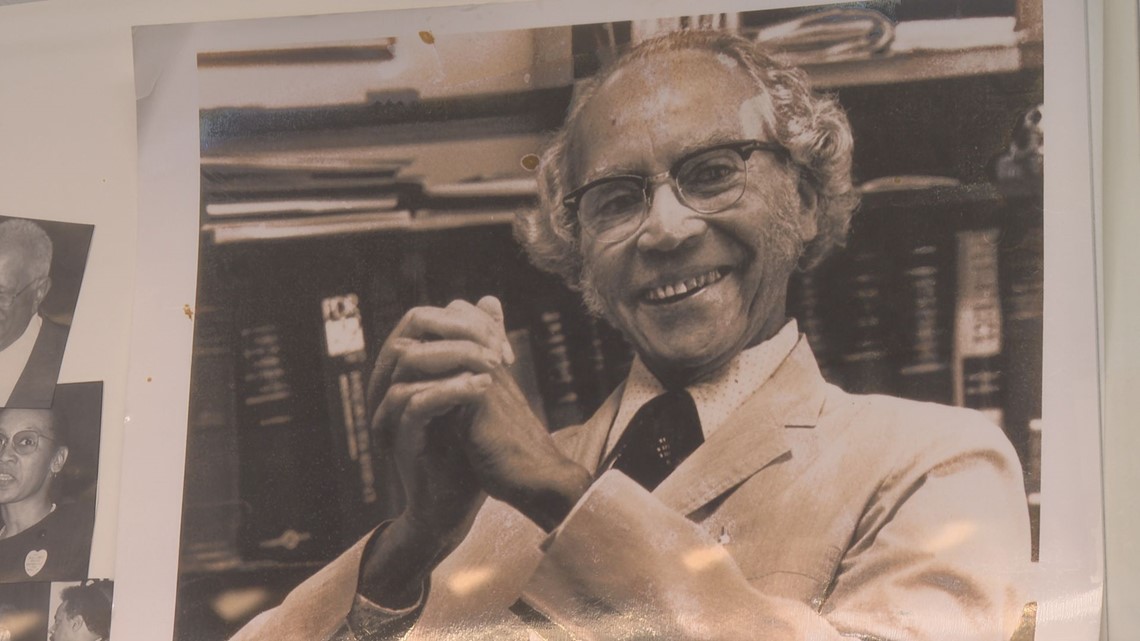
The health center also is funded with the help of the Trinity Health Foundation. Lee said they host back-to-school events providing backpacks and supplies for students in the area, give out scales for weight management, blood pressure cuffs for patients and more.
"We just want people to know that we are still carrying the legacy of Dr. Browning and Dr. Claytor, alongside the Trinity health mission to serve the community," said Lee. "And in the future, too, we like to continue to impact this community and kind of break down those barriers that there may be to health care."
►Make it easy to keep up to date with more stories like this. Download the 13 ON YOUR SIDE app now.
Have a news tip? Email news@13onyourside.com, visit our Facebook page or Twitter. Subscribe to our YouTube channel.

